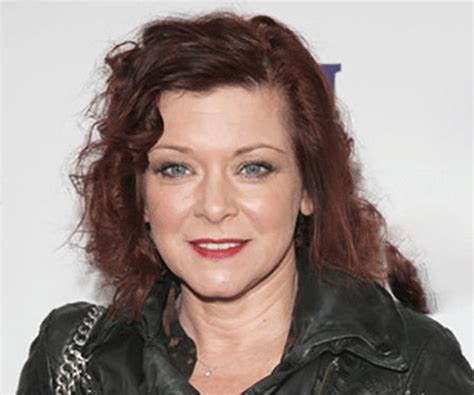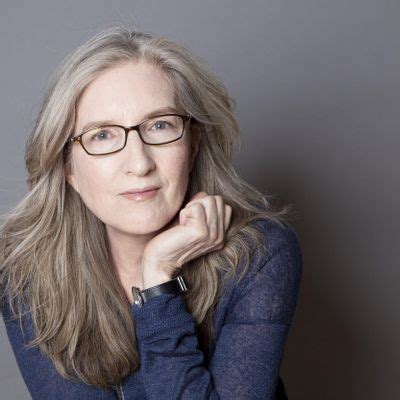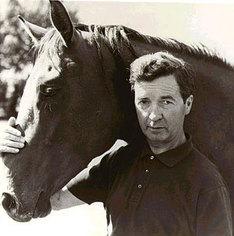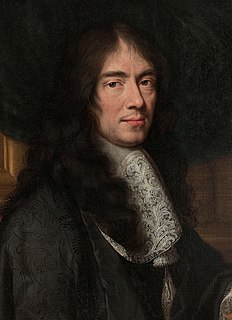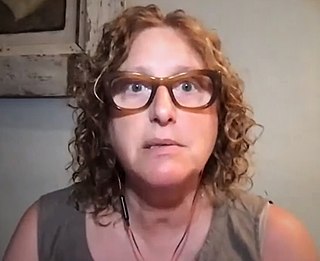A Quote by Finty Williams
I had one critic who wrote: 'Finty Williams is like her mother in looks if not in talent.' It'll be on my gravestone.
Related Quotes
One of the best and most challenging books about Orwell is by the socialist literary critic Raymond Williams. As a critic - and, in some ways, as a figure, at least within the academy - Williams was what England had in the generation after Orwell, and toward the end of his life, he became more critical of his predecessor.
My mother had died when I wrote my first book. I was twenty-seven, so it was right at the beginning of my writing life. I don't know if she had lived, if I would have done it, certainly not quite like I did. But, you can't rethink it. You wrote what you wrote, it meant something to other people, and that's your good.
Tereza's mother never stopped reminding her that being a mother meant sacrificing everything. Her words had the ring of truth, backed as they were by the experience of a woman who had lost everything because of her child. Tereza would listen and believe that being a mother was the highest value in life and that being a mother was a great sacrifice. If a mother was Sacrifice personified, then a daughter was Guilt, with no possibility of redress.
I´d read fantasy if they had simple names like Jane and Bob from Wagga," I say. "Why does it have to be Tehrana and Bihaad from the World of Sceehina?" Jimmy looks at my mother and rolls his eyes. "No wonder they call her bimbo behind her back." And my mum laughs. And because of that, Mark Viduka, the soccer player, stops being my brothers hero, and Luca and Pinocchio run after Jimmy like he´s their idol.
The idea of the book ["The Japanese Lover"] came in a conversation that I had with a friend walking in the streets of New York. We were talking about our mothers, and I was telling her how old my mother was, and she was telling me about her mother. Her mother was Jewish, and she said that she was in a retirement home and that she had had a friend for 40 years that was a Japanese gardener. This person had been very important in my friend's upbringing.
